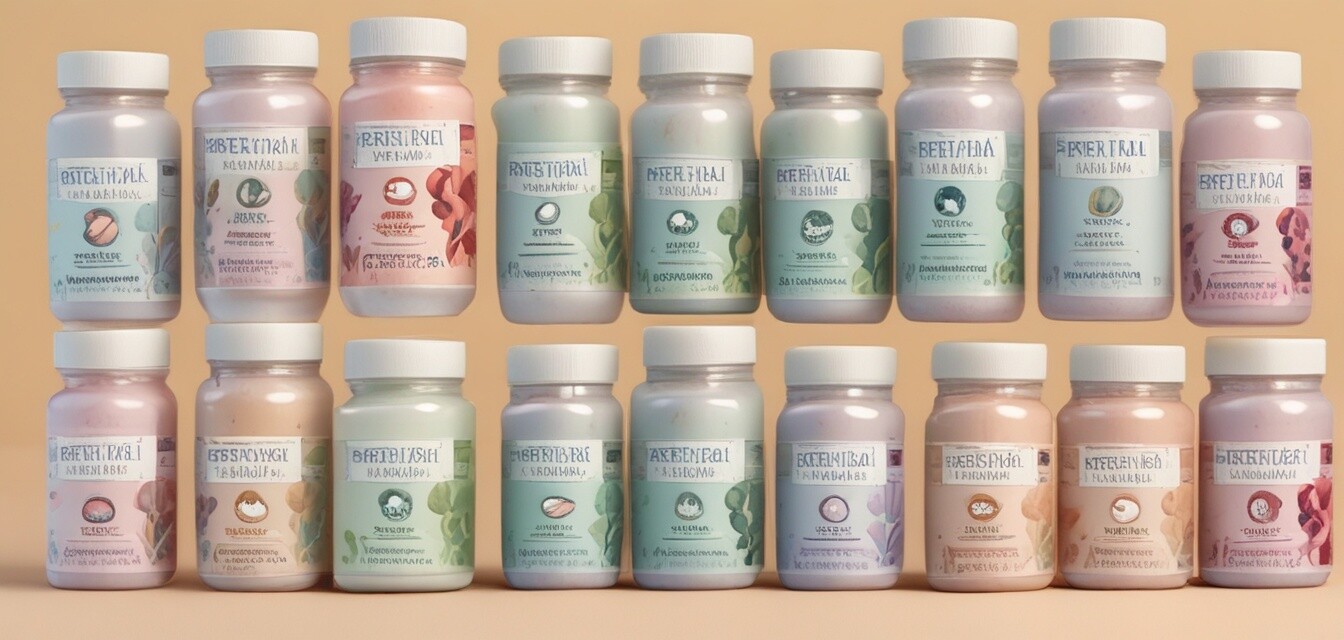
Global trends in prenatal supplementation
Key Takeaways
- Prenatal supplementation varies significantly across different cultures.
- Regional nutrient availability influences the composition of prenatal vitamins.
- Understanding cultural practices is essential for effective prenatal care.
- Emerging research continues to shape trends in prenatal nutrition.
The world of prenatal supplementation is rich and varied, with different cultures embracing unique practices and formulations to support expecting mothers. This article explores the global trends in prenatal supplementation, highlighting how these variations are not just influenced by nutritional needs, but also by cultural beliefs, regional availability of ingredients, and emerging research. Whether you are a healthcare provider, a researcher, or simply interested in prenatal health, understanding these differences can provide valuable insights.
Understanding prenatal supplementation by region
Different regions of the world have distinct practices and preferences when it comes to prenatal supplements. Below is a comparative overview of how prenatal supplementation varies around the globe.
| Region | Common Practices | Nutrients of Focus | Cultural Influences |
|---|---|---|---|
| North America | Emphasis on multivitamins with DHA | Folic acid, iron, DHA | High emphasis on scientific research and recommendations |
| Europe | Preference for organic and natural products | Folic acid, omega-3s | Focus on sustainability and wellness |
| Africa | Use of locally sourced herbs and plant extracts | Vitamins A, C, D, and herbal supplements | Traditional healing practices |
| Asia | Integration of traditional medicine with modern supplements | Iron, calcium, herbal supplements | Cultural component of food as medicine |
Cultural practices and beliefs
More than just nutrients, cultural practices deeply influence the approach to prenatal supplementation. Here are some key examples:
- Traditional Chinese Medicine: Often pairs supplements with herbal remedies based on energy balance and holistic health.
- Indian Ayurveda: Focuses on natural supplements derived from spices and herbs in line with seasonal changes.
- Western Practices: Tend to lean heavily on scientifically backed vitamins and minerals paired with strict dietary guidelines.
Regional nutrient availability
Availability of certain nutrients significantly shapes the composition of prenatal vitamins globally:
| Nutrient | Common Sources | Regions Where Widely Available |
|---|---|---|
| Folic Acid | Leafy greens, legumes | Worldwide, especially in North America and Europe |
| Omega-3 Fatty Acids | Fish, flaxseeds | Coastal regions, particularly in Europe and North America |
| Iron | Red meat, beans, fortified cereals | Common in all regions with variations in forms |
| Calcium | Dairy products, greens | Widely available in developed markets |
Emerging trends in prenatal nutrition
As research continues to evolve, several trends are currently emerging in prenatal supplementation:
- Plant-based options: An increasing amount of expectant mothers are looking for vegan supplements that still deliver essential nutrients.
- Personalized nutrition: Some companies are now offering DNA-based vitamin subscriptions that cater to individual needs.
- Holistic and integrative approaches: More individuals are leaning towards natural and holistic approaches to prenatal care.
Conclusion
The landscape of prenatal supplementation varies dramatically worldwide, shaped by cultural beliefs, dietary habits, and the regional availability of nutrients. As understanding of prenatal health grows, so too does the opportunity for improved practices in supplementation. If you're looking for personalized recommendations, be sure to check out our Buying Guides for more information on choosing suitable prenatal vitamins.
Pros
- Diverse approaches allow for tailored prenatal care.
- Integration of culture enriches the experience of pregnancy.
- Increases awareness of nutritional needs globally.
Cons
- Varied quality and regulation can lead to inconsistency.
- Information overload for expecting mothers.
